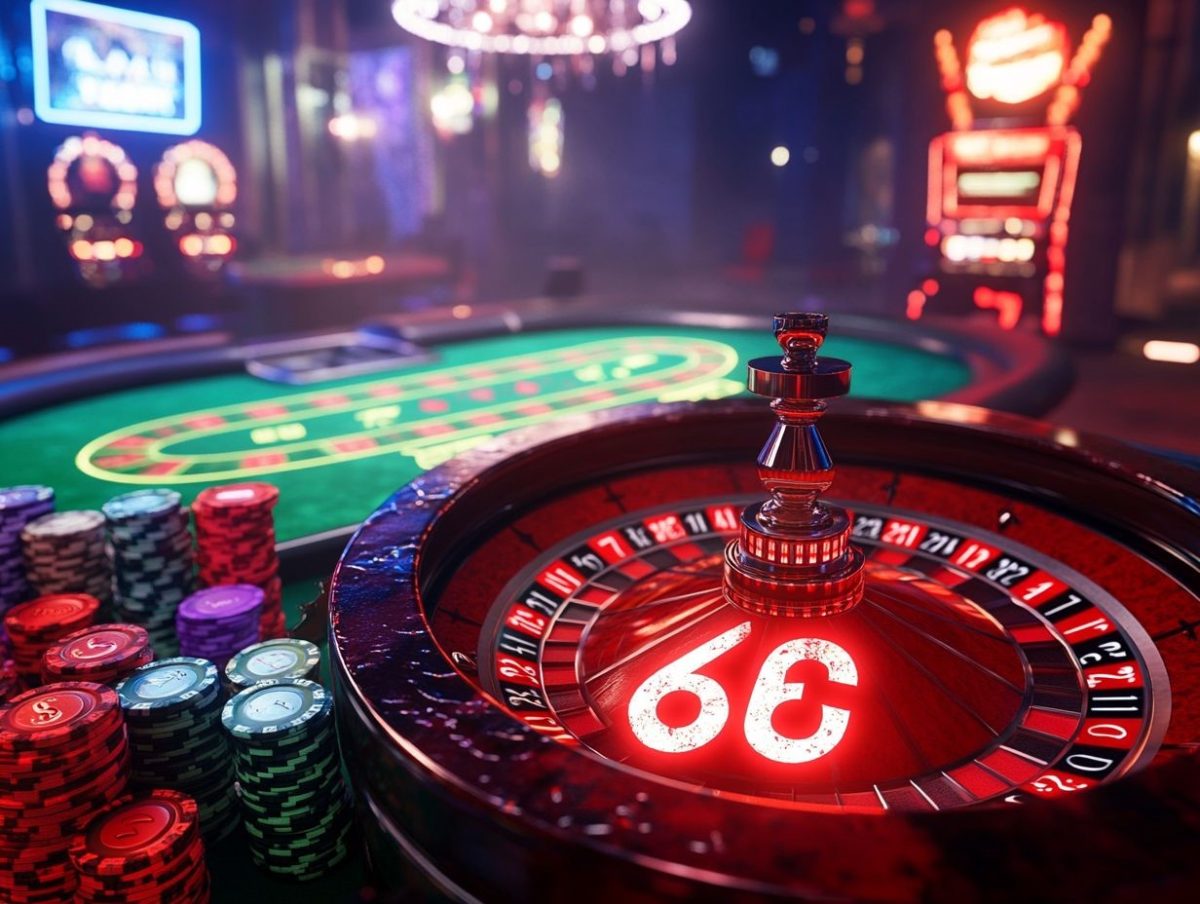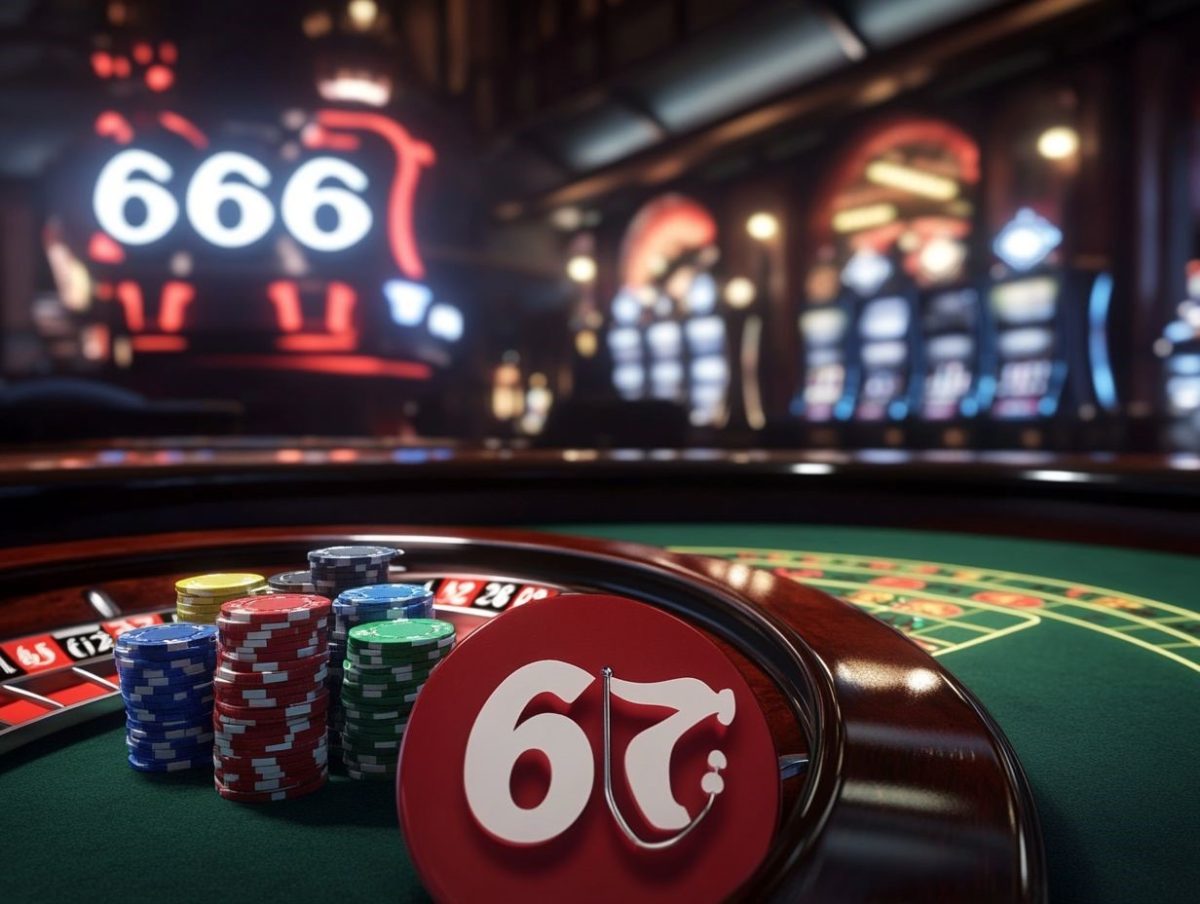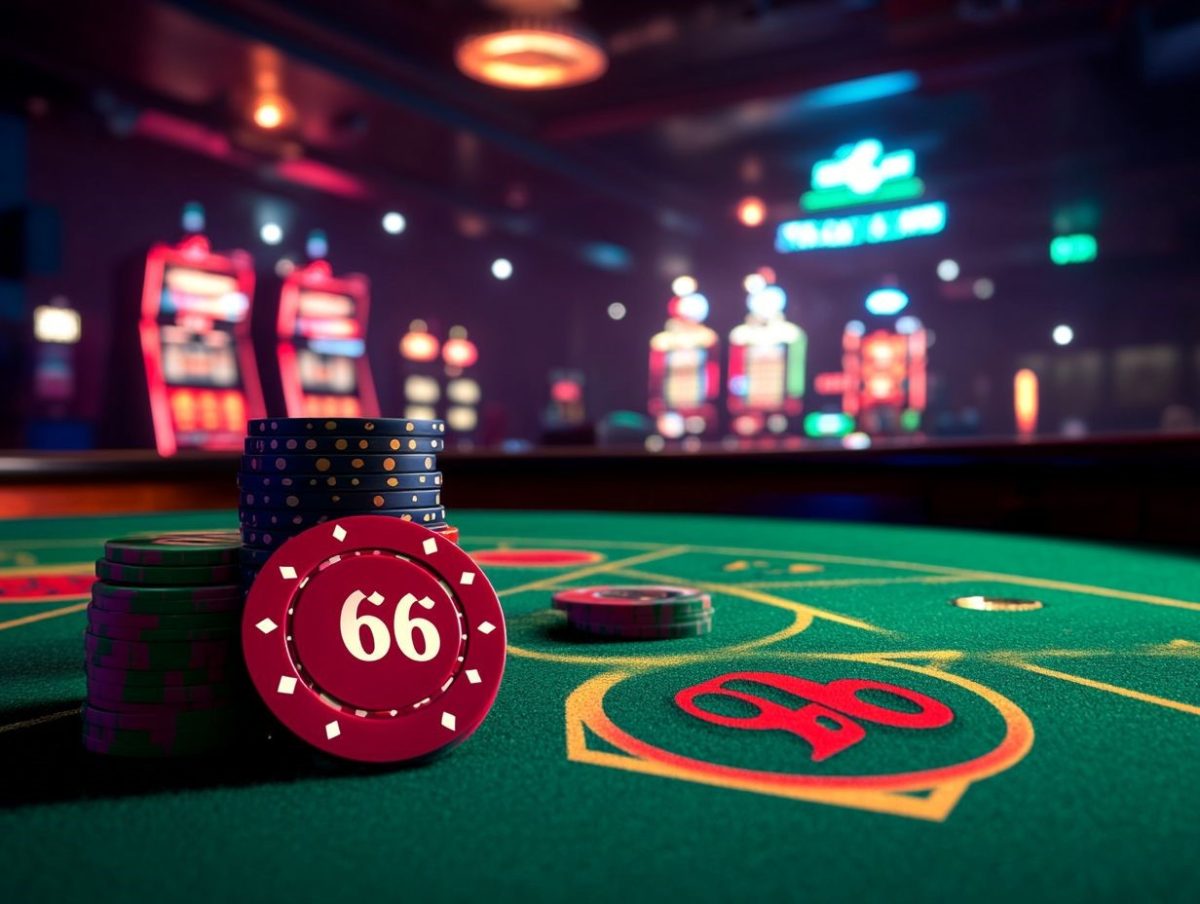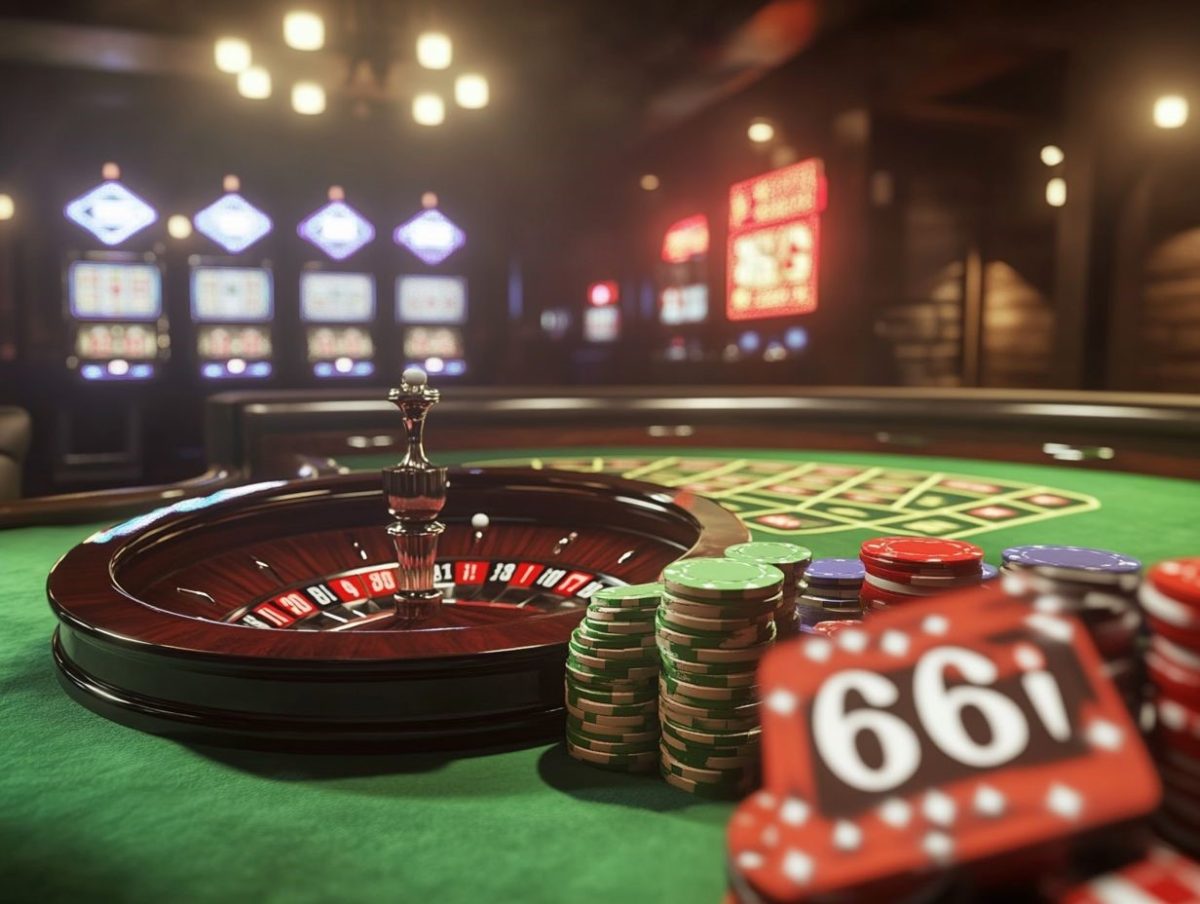Roulette, often referred to as “the devil’s game,” has captivated players for centuries with its spinning wheel and enticing betting options. This article examines the intriguing history and evolution of roulette, exploring its origins and the fascinating legends that have developed around it. Additionally, it addresses the myths and superstitions that many players regard highly while also illuminating the mathematics of chance and probability that form the foundation of this enduring casino classic. Prepare to explore the captivating world of roulette.
While these games share foundational similarities, they differ in ways that significantly impact the player’s experience and potential winnings. (c) Roc Smith
- Historical Background
Blaise Pascal’s Experimentation: The roots of roulette can be traced back to the 17th century when the French mathematician Blaise Pascal strived to construct a self-sustaining device’ Though unsuccessful in achieving this feat in science, he inadvertently created a primitive version of roulette which progressed into the game we know now.
Evolution and Popularity: By 1796, the game became quite famous in Paris. It was in 1843, when François and Louis Blanc altered roulette by including the device of a single-zero wheel, which aimed at giving an edge to the players against the house.
- Mystical Connections
The Number 666: In the Christian tradition, the number 666 is known as the “Number of the Beast.” This number can partially explain the grim connotation connected with the game of roulette since the total of all the numbers on the wheel (0-36) equals 666. This association, one with the devil, is certainly a compliment to the game.
Pacts with the Devil: François Blanc’s invention of roulette was said to be a result of a pact he made with Satan. Such tales do much justice to the game’s mystique, raising issues of temptation, addiction, and of course, the seduction that gambling offers.
- Cultural Significance
Addiction and obsession: Captivating players has rendered roulette associated with the dark forces of the world. The widespread conception of being ‘hostage’ to a gambling compulsion is rooted in larger fears about chance and the act of playing, enhancing the image of gambling as that of temptation and danger.
The Origins of Roulette

The origins of roulette can be traced back to 18th-century France, where it emerged as a popular casino game that combined elements of chance and strategy, captivating players with its spinning wheel and vibrant table layout.
This game of chance, often associated with gambling and risk, has undergone significant evolution over the centuries, reflecting cultural beliefs and societal attitudes toward luck and fortune.
Historically, roulette has encountered various perceptions and social stigmas; however, its enduring allure has solidified its status in modern casino culture as a compelling source of entertainment and excitement.
History and Evolution of the Game

The history and evolution of roulette present a compelling narrative that traces its development from a simple French game to a global gambling phenomenon widely embraced by players around the world.
Originating in 17th-century France, the game initially integrated elements from various existing games, gradually gaining popularity among the elite class. Over time, distinct variations emerged, most notably American and European roulette, each characterized by unique rules and layouts.
These variations not only catered to diverse player preferences but also influenced gambling practices across different cultures.
The evolution of gambling laws and regulations further shaped the environment in which roulette flourished, as authorities sought to regulate the rapidly expanding gaming industry. Players are often drawn to roulette due to the inherent allure of chance, which resonates with deep-seated psychological beliefs and cultural narratives surrounding luck and fate, thereby enhancing the overall experience.
The Devil’s Game: The Legend and Superstitions

The term “devil’s game,” frequently used to describe roulette, encapsulates the legends and superstitions that have surrounded this iconic gambling activity for centuries.
It intertwines themes of fate, luck, and moral dilemmas in the minds of players and enthusiasts alike. Myths such as the “gambler’s fallacy,” along with strategies that promise success based on luck rather than skill, contribute to the psychological thrill that roulette provides.
These narratives often reflect deeper cultural beliefs regarding chance, risk-taking behavior, and the ethical implications of gambling, resulting in a complex relationship with this high-stakes game.
Myths and Beliefs Surrounding Roulette

Myths and beliefs surrounding roulette significantly influence the approach players take toward the game, impacting their strategies, betting patterns, and overall perceptions of luck and fate.
Many gamblers are drawn to concepts such as ‘lucky numbers’ and the existence of ‘hot’ or ‘cold’ streaks, which can create a misleading sense of control over an inherently random game. These beliefs often arise from a psychological need to rationalize their gameplay experiences, particularly within the social environments of casinos where such superstitions are prevalent.
The allure of these myths may occasionally lead players to engage in compulsive gambling behaviors as they pursue the excitement of a seemingly successful strategy based on chance rather than sound decision-making.
Understanding these dynamics is essential for both players and stakeholders in effectively addressing the issue of gambling addiction.


